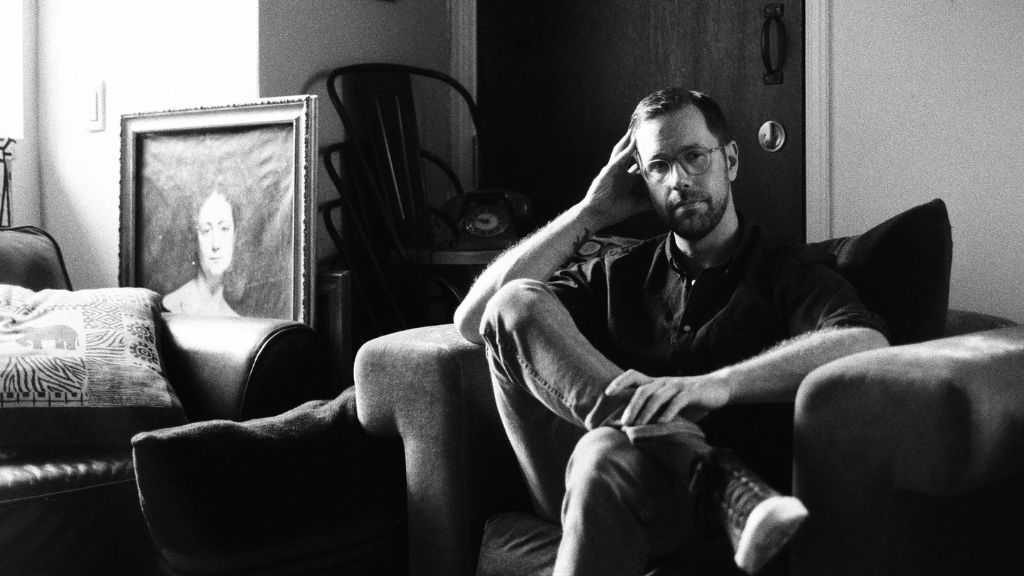Ben Rowley’s Search for Meaning in Sound

Super Pyramid's Grand Entrance If This Is Paradise!: Ben Rowley's Quest for Significance in Sound
Ben Rowley never did abandon hope of it. The Vancouver-born composer, songwriter, and producer for Super Pyramid literally hit the road for a bike tour of Canada before settling in Montreal to reignite his creative flame. There, among a tight-knit community of like-minded musicians, he started to write the ambitious debut album Comment if This Is Paradise!—an album that is intimate and outward-facing all at the same time.
The album, released on September 3rd, traverses wide emotional and sonic terrain. Rowley combines traditional 20th-century songcraft with fearless experimentation, challenging the listener to reside in the crossroads: joy and despair, memory and lucidity, lush strings and ice-cool electronic glow. The result is airy and detail-rich, recalling touchstones such as the psychedelic intimacy of Tame Impala, McCartney-era solo self-sufficiency, and Rufus Wainwright's baroque ornamentation.
Many of the album's somber atmosphere are a product of the chaos that went into its making. A breakup tinged the lyrics with heartbreak and loneliness. The pandemic broke up Rowley's band arrangement, sending his collaborators to British Columbia. And in a stroke of bad fortune that borders on farce, he got a concussion after being hit by falling ice while clearing snow. Forced to work in fits and starts, he'd find himself lying across the studio couch, waiting for symptoms to abate before resuming work. "There's a quote from Louise Glück that I think is the nearest thing to attempting to say what this record is about," Rowley says. "'The fundamental experience of the writer is helplessness.' I believe helplessness is the fundamental human experience."
In spite of these difficulties, Comment if This Is Paradise! is not at all compromised. Its production is cinematic and heavy, in great measure because of the addition of Isaac Symonds of Half Moon Run, one of its most important supporting contributors whose string work and vocal processing add depth to the album's color. Rowley and Symonds constructed something epic but close, each song revealing another conception of the same basic quest for meaning.
The eclecticism of the album is present in the singles: Before & After You grandly announces itself with a sweeping orchestral gesture, dissolving past and future in shimmering harmonies and misty piano; Better Angels bounds along on bounding tambourines and percussion, bringing heavy themes to life with lightness of touch; and Slow & Easy eases, quietly at first, into a kaleidoscope of strings and horns, half-Lennon demo and half-Pet Sounds glory. By Never Better, with its stark introspection and tolling bells, we can see Rowley's questioning of lyrics: the quest for meaning continues, but one by one we're forced to live in doubt.
And the title—Comment if This Is Paradise!—sounds imperative, challenge, unanswerable question. Rowley does not define paradise for us; rather, he constructs a solid world in which beauty and desire and contradiction are intertwined, and he invites us to wonder in the instant.
What emerges is an album that feels both personal and universal, the sound of one artist wrestling with the unknowable while opening his inner world outward. Super Pyramid’s debut doesn’t give us certainty—it gives us wonder. And in that vast unknowing, Rowley invites us to linger, listen, and search together.
Do you want me to edit this into a concise, magazine-sized article (like the ones that I have done for Maggie Tharp or Murder Sermon), or leave it as a longer work with narrative continuity?

